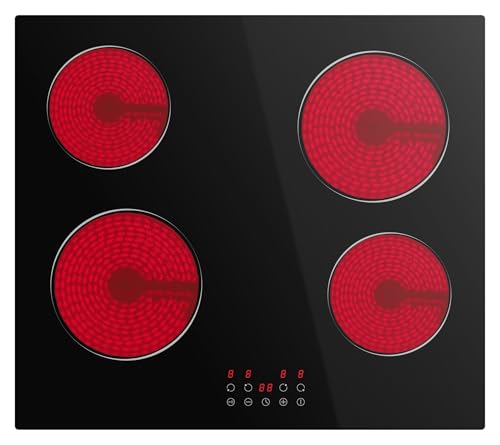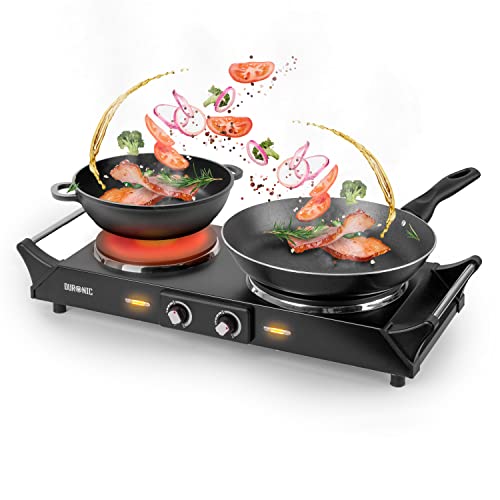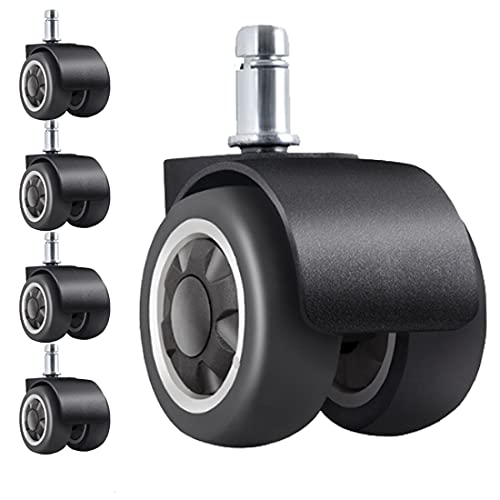Understanding Different Types of Hobs: Which One is Right for You?
Exploring the Various Types of Hobs
When it comes to hobs, there are several types that cater to different cooking styles and preferences. Induction hobs are popular for their rapid heating and precise temperature control; they work by creating a magnetic field that heats only the cookware, ensuring a quick response time and energy efficiency. Gas hobs, on the other hand, offer instant heat and visual flames that many cooks appreciate for more hands-on cooking, while ceramic and electric hobs provide a smooth surface that is easy to clean but can take longer to heat up. Consider your cooking habits and choose a hob that best suits your lifestyle.
Matching Hobs to Your Kitchen Setup
Each type of hob fits differently in your kitchen. If you enjoy gourmet cooking or constantly adjust heat levels, an induction or gas hob could be ideal. If you have a sleek, modern kitchen, a ceramic unit may provide both aesthetic appeal and functionality. Furthermore, assess the size of your available space; hobs come in various dimensions, ensuring that no matter how large or small your kitchen, you can find a suitable option.
Key Features to Consider When Choosing a Hob: The Essentials
Heat Source and Control
The heat source is a fundamental factor in your hob choice. Induction hobs not only heat quickly but also cool down rapidly, which can minimise cooking accidents. Gas hobs offer complete control over the flame size, making them perfect for recipes requiring precise heat. In contrast, electric hobs provide a more consistent heat distribution. Additionally, look for features such as touch controls for easier operation, power boost options for extra cooking speed, and safety locks to prevent accidents.
Size and Configuration Matters
Size is not just about fitting in your kitchen; it also impacts how much food you can cook at once. Most hobs come in four or five burner designs, but if you regularly prepare large meals, consider larger options or even professional-grade models. Additionally, the configuration can make a difference; having a wok burner or integrated griddle on the hob can provide versatility for various cooking techniques.
How to Install Your New Hob: A Step-by-Step Guide
Preparing for Installation
Before you start the installation, ensure you have the necessary tools and materials, such as a screwdriver, level, and any fittings specific to your chosen hob type. If you’re dealing with a gas hob, it’s essential to check that your gas supply is compatible and consider hiring a qualified gas technician to install it safely.
Installation Process
Begin by measuring the cut-out dimensions on your countertop according to the manufacturer’s specifications. For electric hobs, you’ll need to connect it to a compatible power supply. For gas hobs, run the gas line and connect it after ensuring all safety checks. Place the hob into the cut-out and secure it according to guidelines; once in place, test all functions to confirm everything operates properly.
Caring for Your Hob: Tips for Longevity and Performance
Cleaning and Maintenance Routines
Caring for your hob begins with regular cleaning. For induction and ceramic hobs, use a soft cloth and specialised cleaner to avoid scratches. Gas hobs require the burners and grates to be detached and cleaned with soap and water regularly to prevent grease build-up. Establish a maintenance routine, making it a part of your weekly cleaning tasks to extend the life of your hob.
Troubleshooting Common Issues
Being attentive to how your hob behaves can alert you to potential issues early on. If an electric hob hasn’t heated properly or there are irregularities with the flames on a gas hob, these could indicate underlying problems. Most issues can be fixed with basic troubleshooting, but always consult the user manual or contact a professional for help when in doubt.
Comparing Leading Hob Brands: Our Top Picks
Brand Reputation and Quality
When selecting a hob brand, we recommend considering well-known manufacturers who have established a reputation for quality and durability. Brands that focus on innovation often include advanced features, which could enhance your cooking experience. It’s wise to read reviews and gather information about customer satisfaction ratings to inform your decision.
Price versus Features
Each brand offers various models at differing price points, so identify what features are essential for your cooking style before making a purchase. A higher price tag often reflects more sophisticated technology, better energy efficiency, and a broader array of functions. Balance your budget with the best possible features to ensure you get maximum value from your investment.




























